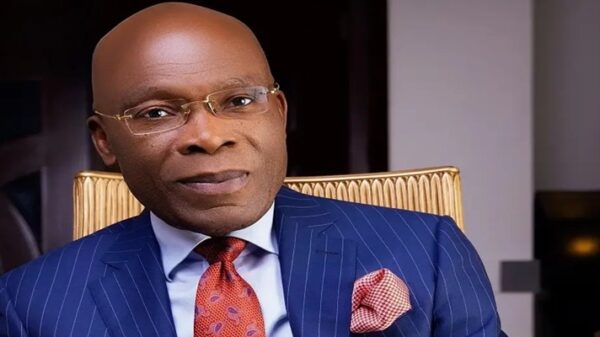By John Ngari, Director, Africa MNOs at Onafriq
The potential for mobile money and digital payments to drive financial inclusion is immense. We can see this potential being unlocked on the African continent as it accounts for 70% of the world’s $1 trillion mobile money value and registered a 12% growth in mobile money accounts to 1.75 billion in 2023.
This is opening a number of new opportunities for economic growth and development as more robust and connected payment networks are breaking down geographical barriers, opening up access to new markets and enabling anyone to send and receive payments quickly and easily from and to anywhere in the world.
However, these significant benefits are largely being realised and felt in Africa’s larger, and key, markets such as Nigeria, South Africa, and of course Kenya- where mobile money was first launched and popularised on the continent. While these markets have reached greater levels of digital payments maturity, smaller and more underdeveloped markets are often passed over, leaving many still excluded from economic participation and financial freedom.
And yet, the truly transformative power of mobile money and digital payments can be most realised in these overlooked economies where the reliance on cash, a lack of traditional bank accounts due to limited infrastructure and access, and the substantial penetration of smartphones and increasing internet connectivity has created the ideal confluence of circumstances that will pave the way for a more inclusive and resilient financial future.
Realising the enabling power of digital payments
The biggest drivers of mobile money adoption in Africa is its accessibility and ease of use. Unlike traditional financial services, there’s largely no need for extensive paperwork, a credit and financial history, or a physical presence within a brick-and-mortar branch in order to gain access to these services.
This low barrier to entry, along with mobile money’s ability to enable economies beyond just transactions and empower both individuals and enterprises, makes it particularly impactful for underserved markets. Within these regions, mobile money and the digital payments ecosystem has the power to serve as catalysts for economic growth, poverty reduction, and enable marginalised communities with the financial freedom to manage their day-to-day lives, start or expand their businesses, and invest in their futures.
A concerted effort towards a single goal
It’s important that all levels of an economy work towards achieving the crucial objective of financial inclusion. Collaboration is a key component in creating and maintaining an environment that creates more opportunities for inclusive growth and ensures economic resilience.
Not only do governments play a pivotal role in developing and implementing the policies and regulations that foster a supportive framework for financial services, but investment from both the public and private sectors are essential to building the necessary digital payments infrastructure that will underpin financial inclusion on the continent. Meanwhile, fintech firms can continue to drive innovation in this space that will achieve the desired convenience, speed and accessibility within the payments space.
We can see this value already starting to be realised across smaller markets like Eswatini where the Central Bank established a FinTech unit to spearhead the development of digital payments in the country in 2018, in South Sudan where the introduction of mobile money in 2017 has enabled development organisations to distribute cash assistance securely, and Somalia which recently enabled digital payments to be made between the country’s banks, making payments easier.
And, in Ethiopia, non-banks were enabled to provide mobile money services in 2020 as mobile money services could lift 700 000 people out of poverty, add $5.3 billion to the country’s economy, increase tax revenue by $300 million, and essentially position the country to adapt to economic downturns according to the GSMA’s 2023 Mobile Money in Ethiopia report. Recognising this period as a key moment in the country’s transformation into a financially inclusive economic powerhouse, Onafriq has also strengthened its presence in Ethiopia through a number of partnerships with financial institutions, mobile network operators, and other key decision makers. This includes partnerships with Ethio telecom and M-PESA Safaricom to enhance and streamline remittance flows and address the shortage of forex while providing customers with much-needed funds.
It’s clear then that when all these elements work in harmony, they can break down barriers to financial access, enabling people and businesses to participate more fully in the economy, thus driving sustainable development and economic growth in these underserved regions. And, investing in these smaller, underserved markets – which represent a significant portion of the continent’s population – is simply integral to realising true financial inclusion across Africa.
When everyone is able to access financial services we can foster inclusive growth, stimulate local economies and open up access to new markets and opportunities, connecting the continent through sustainable economic development.
![]()






























































